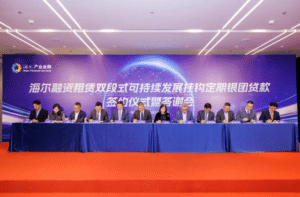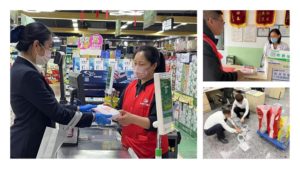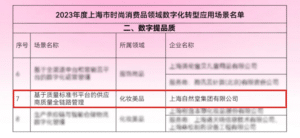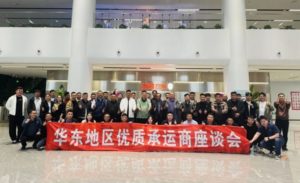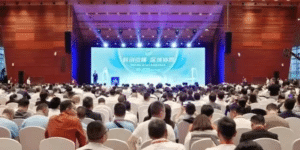Focus on China, EU summit will develop strategies to de-risk and ensure economic security
[ad_1]
This year’s EU autumn summit will open on Friday (October 6), and formulating a strategy to eliminate risks and ensure economic security will be an important topic discussed at this summit. The 27-member EU hopes to maintain its industrial advantages and competitiveness in a world transitioning to digitalization and green products, but it is not unrelated to the discovery that it was too dependent on Russian energy and now is too dependent on key minerals from China. substance. Reuters pointed out in the report that after Russia invaded Ukraine and geopolitical tensions escalated due to the U.S.-China confrontation and strategic competition, risk has become a key word in the EU’s economic policy, especially as it considers how to ensure supply chain security and at what scale. When it comes to sharing technology in scope. De-risking The EU wants to limit its reliance on certain strategic products, particularly those needed for the transition to a green economy, such as lithium for electric car batteries or rare earths for wind turbines. China currently processes and produces 90% of the world’s rare earth elements and 60% of the world’s lithium. The EU wants to strongly promote the internal mining, recycling and processing of critical raw material needs by 2030, ensuring that no third country provides more than 65% of critical minerals. The EU reiterated that de-risking did not mean decoupling from China, but stressed that it had learned lessons from its past overreliance on Russian gas and its sudden cutoff last year after Russia invaded Ukraine. Reuters reports that the European Union is uneasy as Beijing further strengthens ties with Russia following Russia’s invasion of Ukraine. At the same time, the EU’s trade deficit with China has also increased to 400 billion euros (approximately 420 billion U.S. dollars), which has doubled compared with five years ago. China also now imposes export restrictions on gallium and germanium materials used to make semiconductors, requiring exporters to apply for export licenses. In addition, during the raging COVID-19 epidemic, the EU also became dependent on protective equipment produced in China, and even now it relies on China to provide medicine and the raw materials needed to produce medicine. Economic Security Strategy Reuters reported that reassessing risks based on changes in geopolitical tensions is also a key element of the European Economic Security Strategy announced by the EU in June this year. The strategy focuses on risks related to supply chain resilience, physical and cyber security of critical infrastructure, technology security and breaches, and the weaponization of economic dependence or economic coercion. The European Commission has proposed risk assessments in these areas. To reduce risks, the EU could invest in promoting its own competitiveness in these areas or enter into partnerships with a significant number of countries. The EU could also introduce protective measures, including anti-coercion measures already adopted by the European Parliament on Tuesday, or impose restrictions on exports or investments from third countries. The European Commission recommends an assessment of four major technologies, including advanced semiconductors, artificial intelligence, quantum and biochemical technologies. The European Commission pointed out that these technologies pose a risk of being used for military purposes or violating human rights by “countries of concern”. The European Commission stressed that the assessment was not country-specific. But although the EU’s economic security strategy does not name China, it talks about cooperating with countries that share the same philosophy and taking risks. The so-called de-risking is actually a policy to reduce dependence on China. Reuters reported that the review will be completed by the end of this year, and the European Commission will propose specific policy measures by then.
[ad_2]
Source link


